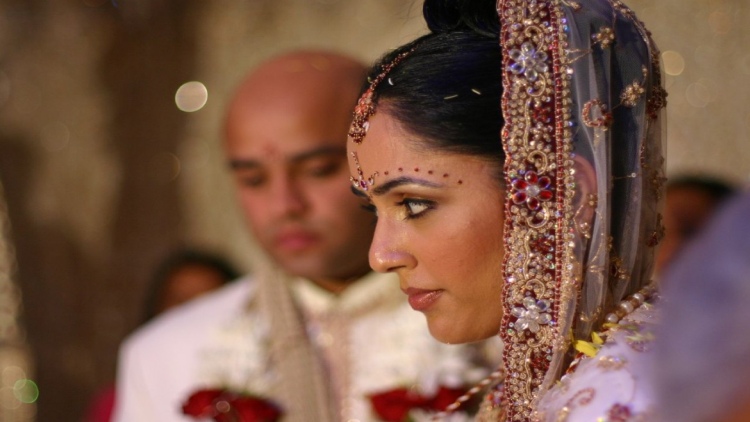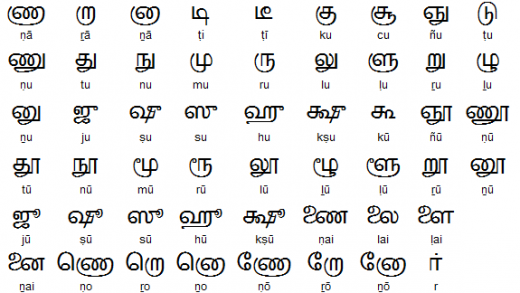Recently an article in Noisey called for music festivals to ban the bindi. The author claimed “the bindi is shockingly not meant to be paired alongside high-waisted denim shorts and copious amounts of white powder”.
This statement alone reflects the author’s ignorance of the meaning and root of the bindi. The bindi is not a “…symbol worn by Hindu and South Asian woman” as wrongly described by the author. It is instead rooted in the Hindu religion and culture, worn by everyone. It represents the pineal gland, the third eye chakra and most importantly the spiritual third eye. What makes the third eye significant is that it represents knowledge. Eyes help individuals see in a subjective manner. Regardless of what people say, people judge one another based on their physical attributes- be that skin colour, gender, or the short shorts someone is wearing. The third eye is used to see knowledge; it is the veil of ignorance. It allows us to peer into people, past their physical attributes and into their soul, their essence, their species being.
With such a deep meaning and one that transcends societal divisions, it is appalling that there are people calling for the bindi to be banned. Groups that want to #reclaimthebindi claim that white people wearing the bindi are culturally appropriating. However, these groups do not understand the bindi’s meaning or its Hindu origin. The author of the Noisey article says the #reclaimthebindi movement “encourages young South Asian women to post photos of themselves wearing bindis in a proud declaration and ownership of their culture”. I doubt these women wear a bindi everyday, let alone most days of the week. I wear my bindi proudly everyday- to the temple, to school, to the bar, and to the music festivals. The bindi can be worn anywhere and by anyone. It isn’t exclusive to South Asian women. The bindi is a Hindu symbol and Hinduism is a global religion with devotees from Vietnam to Hawaii. My guru and his monastery comprise of mostly all white American Hindu monks. I challenge every South Asian person trying to #reclaimthebindi to try and live a Hindu lifestyle, which these monks live, for just one week. Hindu devotees look past the physical body to the soul- which is colourless, raceless. While young white girls at music festivals may not be practicing Hindus, they are on their individual journey, learning from their actions and inactions. The free journey of any soul is a core concept of Hinduism that should be respected.
In the end, the author of the Noisey article admits “truthfully for me, growing up in a non-religious home void of most Indian customs and traditions, the bindi doesn’t feel like mine either, but somehow feels like it’s mine to protect.” This is just another example of someone ignorant about the meaning and history of the bindi. You can’t claim to not understand something religious or cultural, but yet feel it’s yours to protect it.

 Tamil Culture
Tamil Culture









